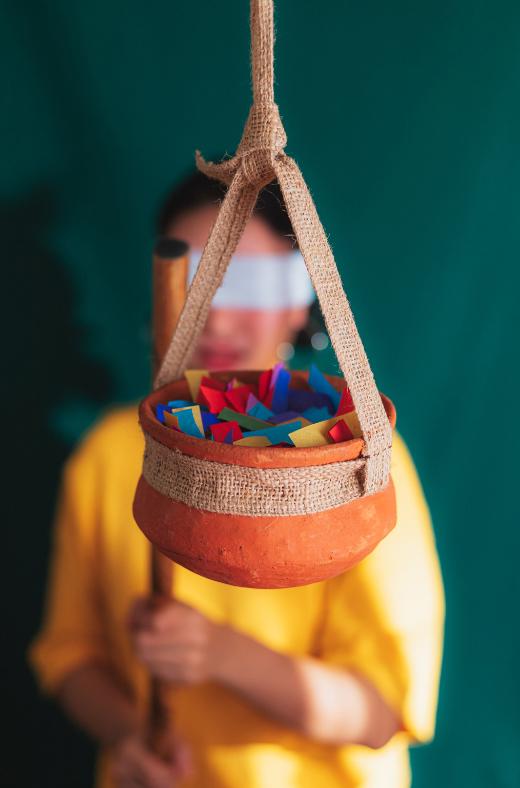The festive spirit of Filipino hospitality and bayanihan marked the week-long celebration of the 100th founding anniversary of Taysan, Batangas Province, culminating into the Tinindag Festival, in thanksgiving for the booming barbecue stick-making industry, a main source of livelihood for local residents.
Department of Tourism Region 4A officer-in-charge Maritess Castro hailed the successful launch of the Tinindag Festival as a travel and food event that can help develop sustainable and inclusive tourism in the area.
“Taysan could well be the Barbecue Stick Capital of World. The stick-making business has provided opportunities for small entrepreneurs, as well as employment to the townsfolk to support their families,” said Castro.
“This is a very special event that can help boost nature adventure tourism and spiritual retreat in Taysan’s lush greenery, virgin forests, rivers, the Bacao falls, and old churches like the San Lorenzo Ruiz Parish Church in Brgy. Dagatan,” said Castro.
She noted that DOT Secretary Bernadette Romulo Puyat has underscored the vital role of countryside communities like Taysan in advocating sustainable and inclusive tourism that generates jobs while ensuring environmental conservation.
“We deem it fitting to hold the first Tinindag Festival on the occasion of the town’s 100th founding anniversary, as the making of tindagan (bamboo stick or skewer) has developed into a viable cottage industry,” said Taysan Mayor Grande Gutierrez.
Gutierrez’s wife, Elizabeth said, “I’m one of the products of pag-iistik (stick-making) who’s been able to get through college with the additional income my parents earned from it. Currently, Taysan can produce P200,000 worth of sticks every week.”
She noted the stick-making activity is a “unique Taysan family tradition” as much as it is a family business. “Si tatay ang naglalagare ng kawayan, si nanay ang nagbibiyak sa maliliit na piraso at ang mga anak ang nagkakayas. (The father saws off the bamboo poles while the mother cuts the logs into sticks and the children smoothen them.)”
The family-bonding business activity proceeds to bundling of these carefully handcrafted barbecue sticks into different sizes, namely the regular size, “dedoze,” karioka and pino to suit the needs of food sellers.
Hundreds of families in the second-class municipality of over 98,000 residents are engaged in the home-based manufacture of barbecue sticks, which are transported to Lipa City, Batangas, Alabang, Muntinlupa City, Pasig City, and other cities in Metro Manila.
“Stick-making is done in all Taysan’s 20 barangays but bulk of production comes from Barangay Pinagbayanan, Barangay Guinhawa and Barangay Piña,” said Leah Caguitla, 35, mother of six, who inherited her parents’ stick-making business in Pinagbayanan.
Cristina Reganit, 28, started hers at age 18, along with her vegetable garden, poultry and hog-raising businesses.
The town’s abundant bamboo-growing also supports kubo (nipa hut building) and cottage industries like kaing (basket) making and bamboo furniture craft. Taysan farmers also harvest coconut, banana, camote and vegetables all year round.
The celebration was also highlighted by tindagan-inspired street dancing performances by various barangay contingents, an agri-industrial fair, cultural song and dance presentations, sports events, a medical mission and the Balikbayan Gala Night.






